Science Mentor - Science Learning Companion
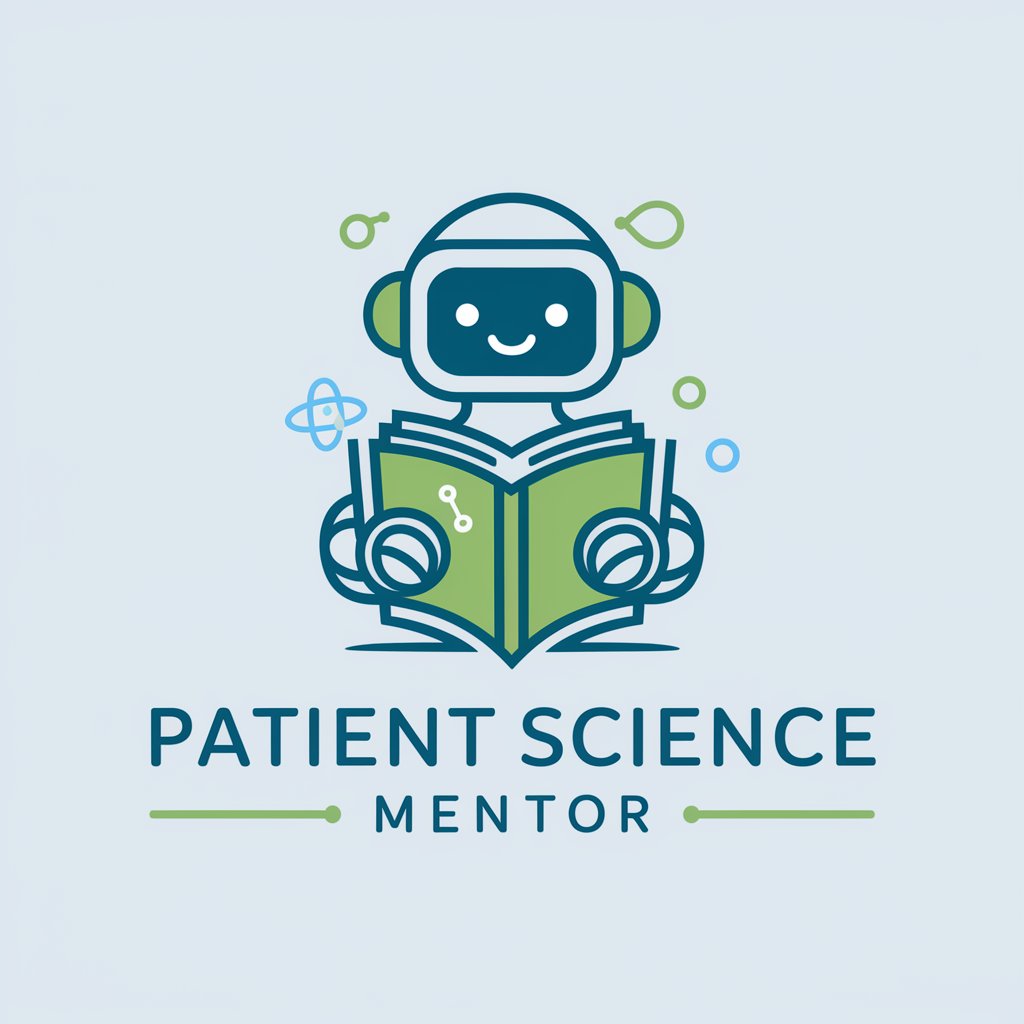
Witaj! Dziś skupimy się na fascynującym świecie nauki.
Empowering Science Learning with AI
Opisz podstawowe zasady działania elektrowni jądrowej.
Jakie są główne różnice między fotosyntezą a chemosyntezą?
Przedstaw mechanizm działania szczepionek mRNA.
Omów znaczenie odkrycia struktury DNA.
Get Embed Code
Introduction to Science Mentor
Science Mentor is a specialized GPT designed to serve as a patient and knowledgeable guide in the realm of scientific education, primarily communicating in Polish. It's crafted to offer detailed, structured lessons on various scientific topics, tailored to the user's needs and curiosity. The design purpose behind Science Mentor is to bridge the gap between complex scientific concepts and learners at different stages of their educational journey, providing a platform for interactive learning. For example, a user interested in understanding the principles of quantum mechanics could engage with Science Mentor to receive a lesson plan that starts with the basics of quantum theory, progresses through its mathematical foundations, and explores its applications in modern technology, accompanied by examples like the functioning of quantum computers and their impact on encryption. Powered by ChatGPT-4o。

Main Functions of Science Mentor
Customized Lesson Planning
Example
Creating a personalized lesson on cellular biology, detailing cell structure, function, and processes like mitosis and meiosis.
Scenario
A high school student preparing for their biology exam uses Science Mentor to grasp difficult concepts, benefiting from the tailored lesson that addresses their specific questions and gaps in understanding.
Interactive Quizzes
Example
After a session on Newton's laws of motion, presenting a quiz to test understanding, including problems to calculate forces and predict motion outcomes.
Scenario
A university student studying physics uses Science Mentor to reinforce their learning and test their comprehension of lecture material, finding the interactive quiz helpful for exam preparation.
Engagement Through Detailed Explanations
Example
Providing in-depth explanations on the greenhouse effect, including the role of various gases and their impact on Earth's climate.
Scenario
An environmentally conscious individual seeks to understand the scientific basis of climate change to better engage in community discussions and advocacy, finding the detailed explanations invaluable for forming informed opinions.
Ideal Users of Science Mentor Services
Students
Students at various educational levels, from high school to university, who are seeking to enhance their understanding of scientific concepts, prepare for exams, or need assistance with homework. They benefit from the personalized approach and the ability to dive deep into specific topics.
Educators
Teachers and tutors looking for resources to supplement their curriculum, provide additional examples, or offer alternative explanations to better address the diverse learning needs of their students. Science Mentor serves as a supportive tool to enhance their teaching strategies.
Lifelong Learners
Individuals with a keen interest in science who are not necessarily in a formal educational program but wish to expand their knowledge on various scientific topics. They benefit from the mentor's patient explanations and the ability to explore subjects in depth at their own pace.

How to Use Science Mentor
1
Visit yeschat.ai for a free trial, no login or ChatGPT Plus required.
2
Choose 'Science Mentor' from the available GPT options to start your scientific learning journey.
3
Specify your scientific topic of interest or ask a direct question to receive a lesson plan tailored to your needs.
4
Engage with the content by asking follow-up questions or requesting deeper explanations on any part of the lesson.
5
Use the quiz questions provided throughout the session to test your understanding and reinforce learning.
Try other advanced and practical GPTs
SEO Content Wizard
Empower Your Content with AI

Half Marathon
Empowering Your Strides with AI

Ai Wildlife Removal
Empowering pest-free living with AI

Miniwebtool Guide
Unlocking AI-powered tool discovery
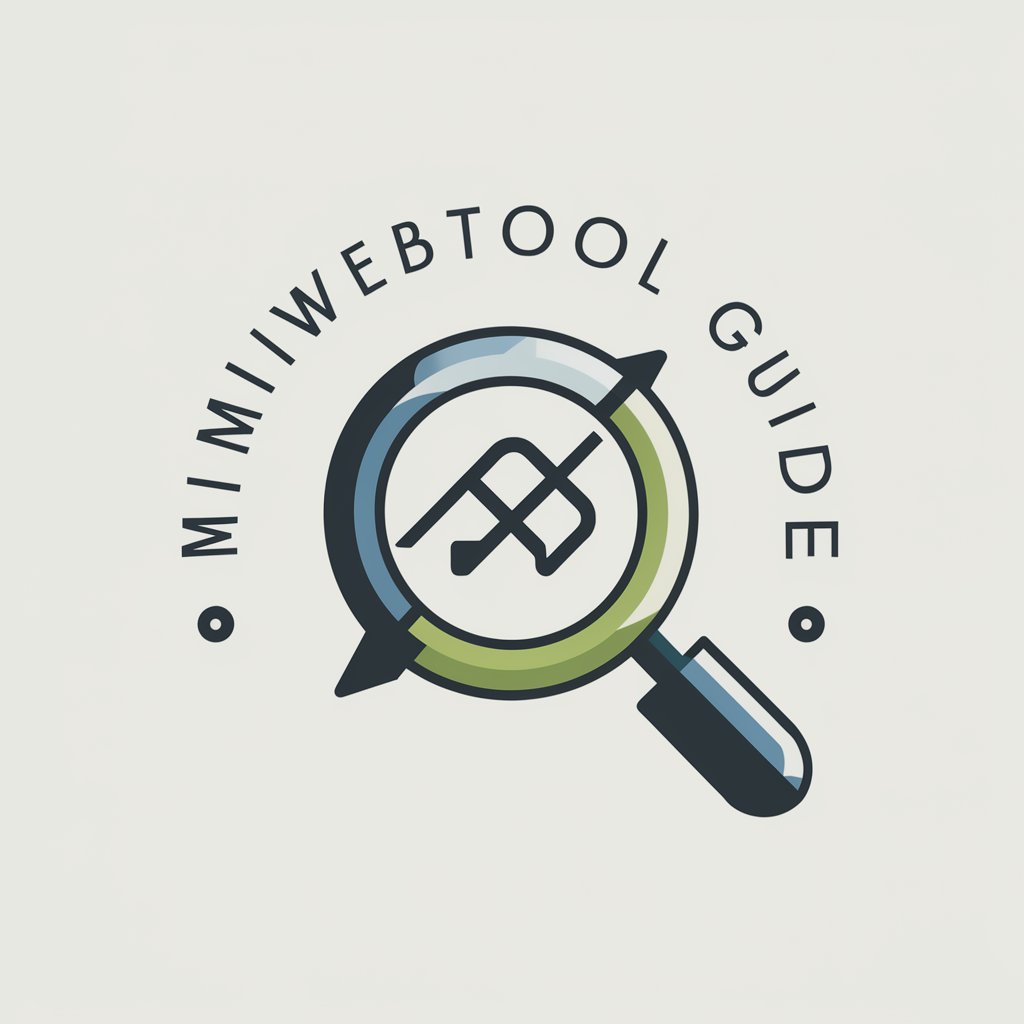
Product Idea Expander
Unleashing Creativity with AI
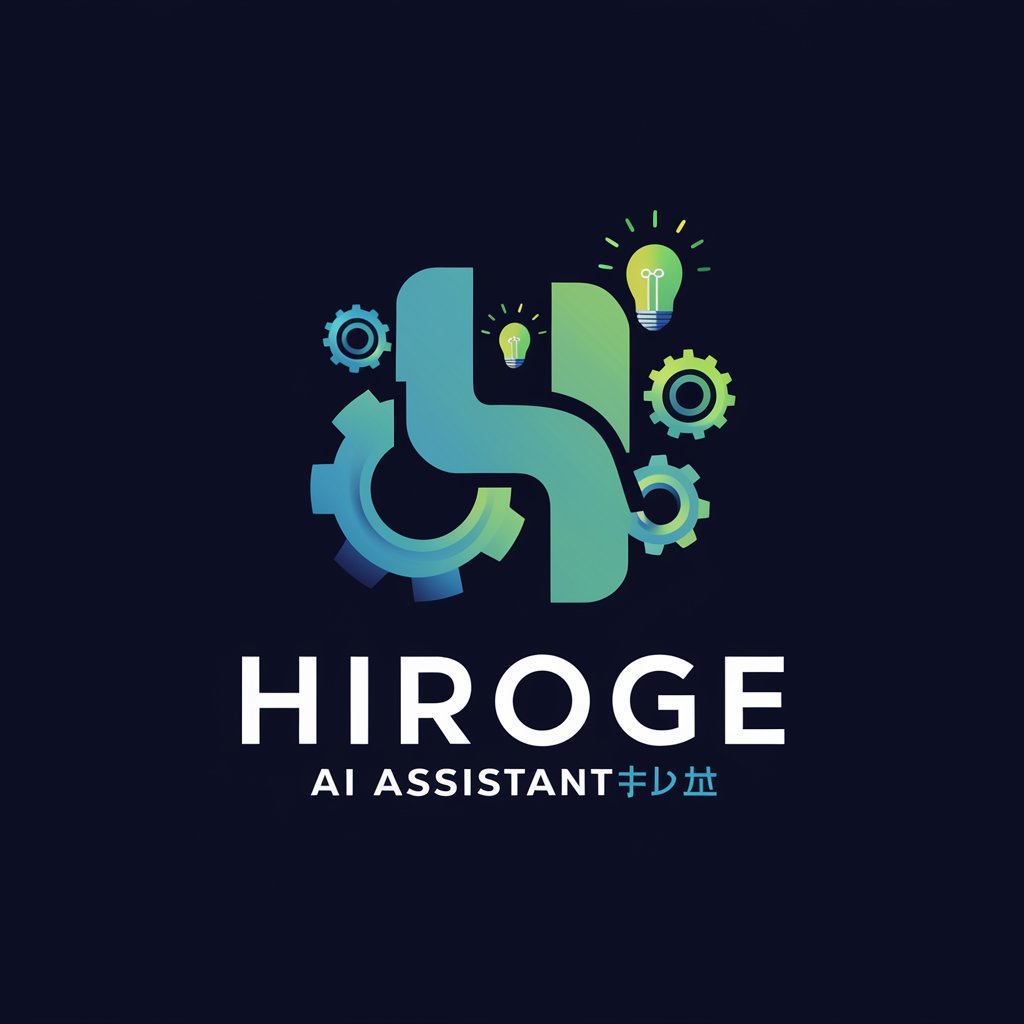
Tax Navigator
Simplify Your Taxes with AI

SEO Content Wizard
Empowering Your Content with AI-driven SEO

Python Code Streamliner
Streamlining Python with AI
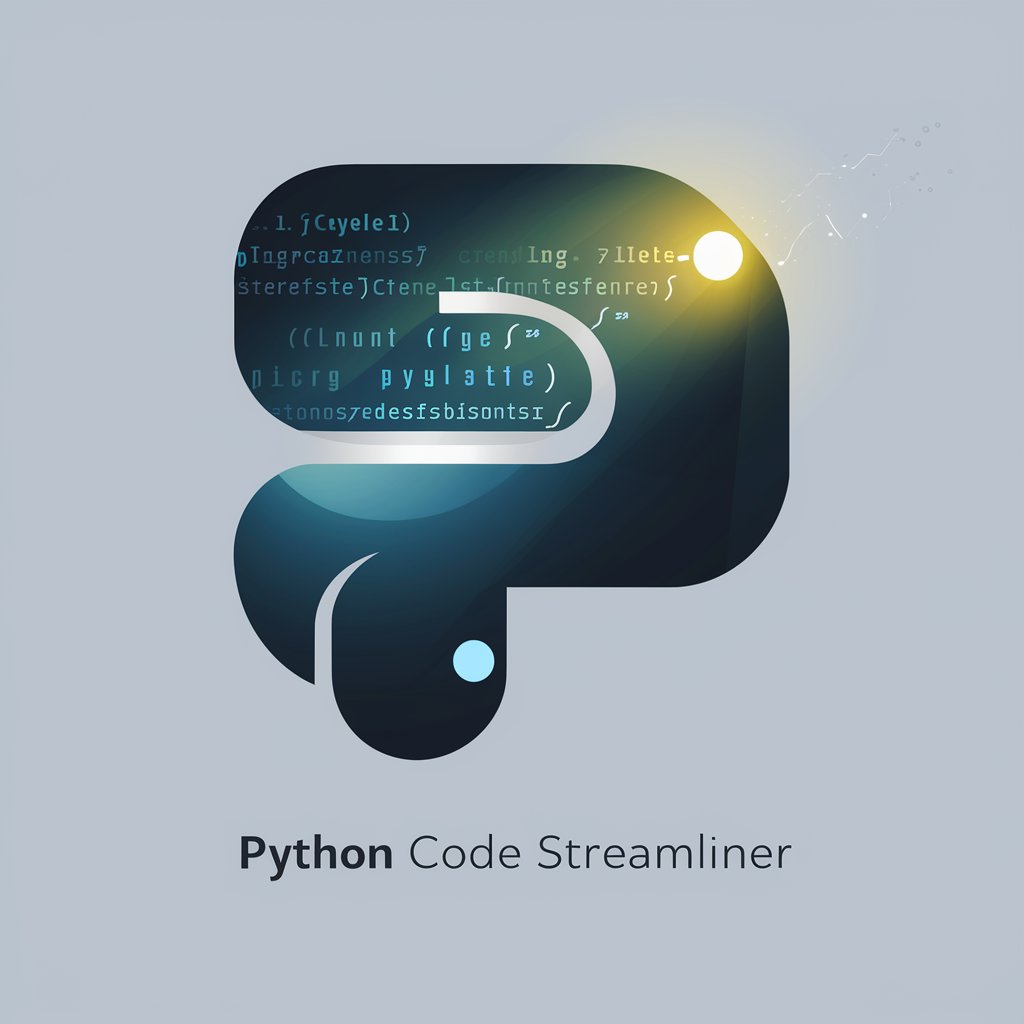
N8N Assistant (Unofficial)
Streamlining N8N Workflows with AI
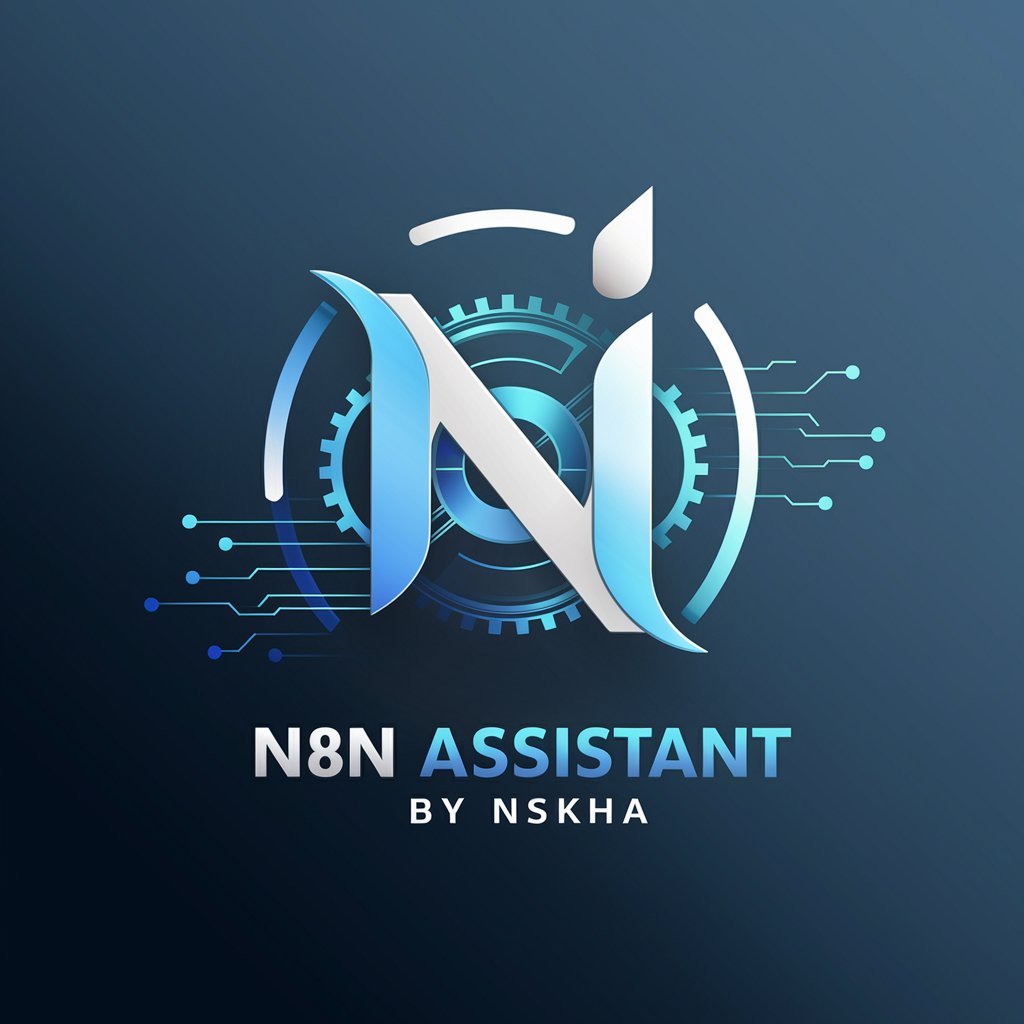
Apex Avian Adventure: The Eagle Simulator
Soar high with AI-powered eagle simulation
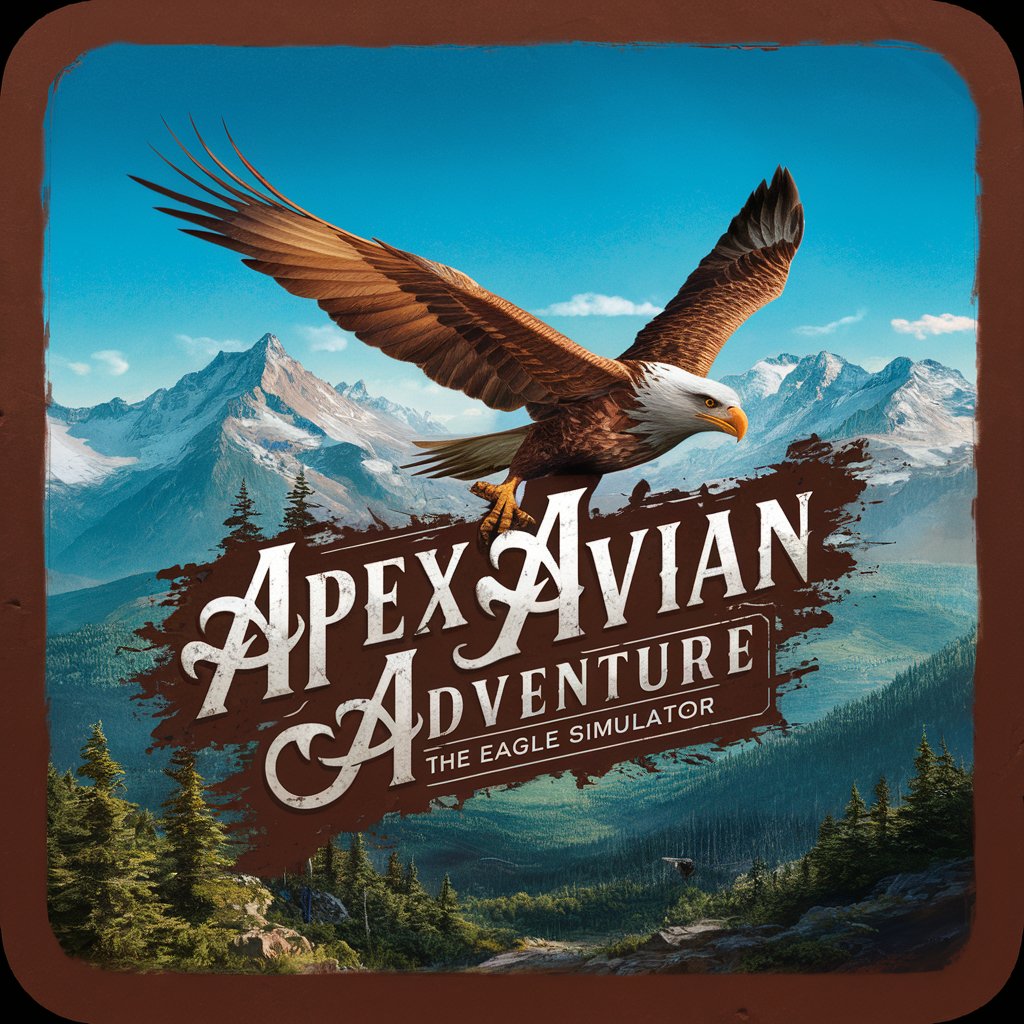
Heads Look Like Drums meaning?
Empower Creativity and Analysis with AI

Code Mentor JS
Empowering your coding journey with AI.

Frequently Asked Questions about Science Mentor
What subjects can Science Mentor cover?
Science Mentor specializes in a wide range of scientific topics, including physics, chemistry, biology, earth science, and more. It's designed to cater to various educational levels.
Can Science Mentor help with homework?
Yes, Science Mentor can provide explanations, examples, and guidance to help you understand concepts behind homework assignments, but it won't solve them directly for you.
Is Science Mentor suitable for all ages?
Absolutely, Science Mentor is designed to adapt its explanations to suit the learner's age and comprehension level, making science accessible to everyone.
How does Science Mentor keep the user engaged?
Through detailed lesson plans, interactive Q&A sessions, and quiz questions tailored to the user's learning pace, ensuring a comprehensive and engaging learning experience.
Can Science Mentor assist in academic research?
Yes, it can provide foundational knowledge, clarify complex scientific concepts, and offer guidance on structuring your research effectively.
